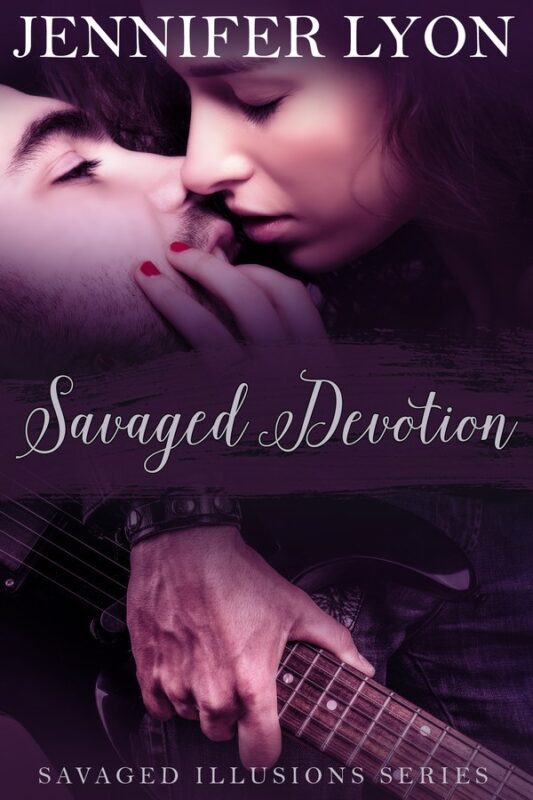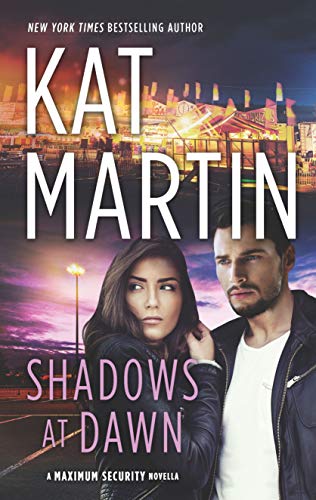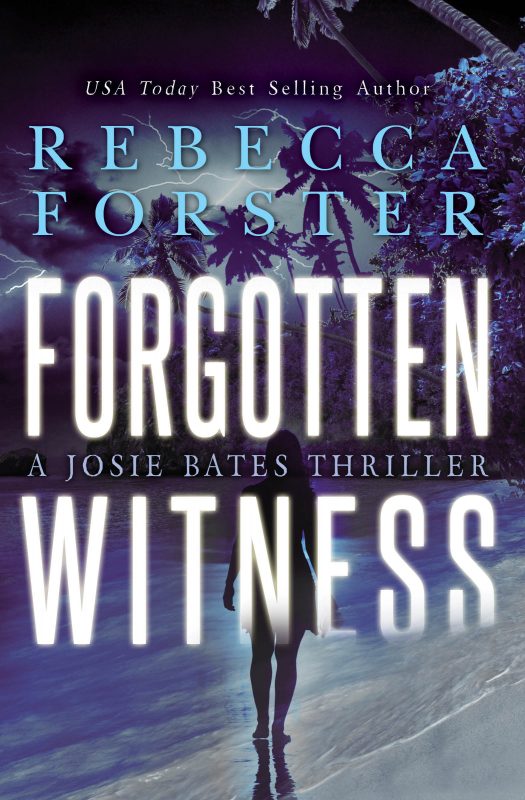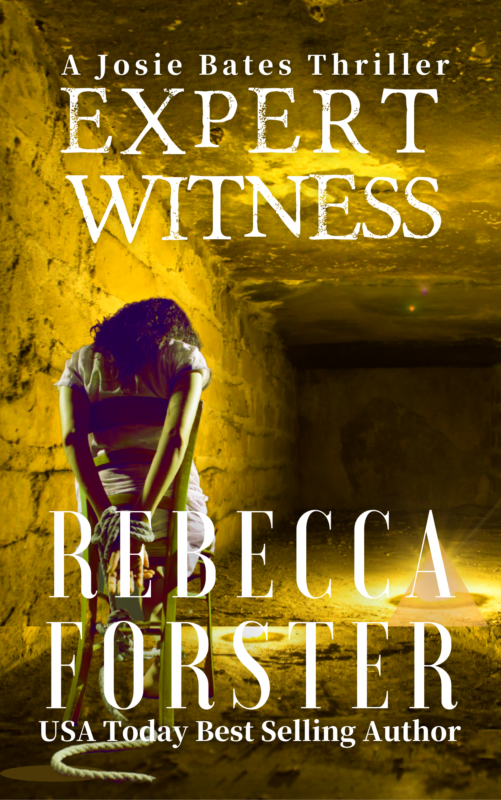Casting Your Story by Will Zeilinger
November 3, 2021 by Janet Elizabeth Lynn and Will Zeilinger in category Partners in Crime by Janet Elizabeth Lynn & Will Zeilinger tagged as Casting Characters, Character development, Joseph Campbell, The Hero's Journey, Will Zeilinger, writing
You’ve heard of “casting directors” in the world of film, TV, and advertising.
I was an art director for ads and commercials, and selecting the proper models or actors for a job was key to the success of each project. Likewise, as an author, you are the casting director for your story, and casting the right characters is crucial to keeping the reader interested.
If you have the casting correct, any two characters can be put in a scene together and keep the reader interested. This requires that each character is already interesting on their own and that they have an opinion about every other character. They don’t have to say anything about the others, but they can have an internal view that will affect their behavior toward the other members of the cast.
Each character should have a purpose in the story. If not, then they aren’t needed. They can interact with each other independently or confront one another through the main protagonist.
The types of character can vary, but in Joseph Campbell’s “The Hero’s Journey,” he identifies eight archetypes. You can vary these to fit your needs.
| 1 | The Hero | Your protagonist |
| 2 | The Mentor | The one your protagonist goes to for advice |
| 3 | The Ally | The BFF or loyal friend |
| 4 | The Herald | The one who tells the protagonist they must change |
| 5 | The Trickster | Can function as comedy relief or goof (i.e., Gilligan) |
| 6 | The Shapeshifter | Not who you or the protagonist thinks they are |
| 7 | The Guardian | Tries to discourage the protagonist (to play it safe) |
| 8 | The Shadow | The opposite of the protagonist – evil? |
Think about the age, ethnicity, gender, education, and socio-economic background of each one. Are they a proper fit? Are they believable?
In the end, each of the character types I’ve mentioned have a unique of your plot and the rest of the cast. Consider the extent to which they interact, and consider using some aspects of the types above. Each character has the ability to move the story along. You don’t necessarily need all of these types, but you are the author, so use who you need. You can even write a story with only one character.
While the easiest way to build characterization and personality in your protagonist (main character) is to surround them with people they must interact with, if you isolate your protagonist, then developing depth and interest becomes a challenge.
Take the film, Castaway featuring Tom Hanks. He’s stuck on an island, alone, for four years. Writing a story featuring one character is an excellent exercise in character development. When writing a story like this, here are two things to remember, but this holds true for any type of story you tackle.
1. Your reader needs to care about your character
You must give the character a reason for the reader to care about what they do or what happens to them. As in a fully populated story, your main character doesn’t have to be “good” for the reader to care about them. Villains are just as interesting as heroes.

2. Have a conflict
Conflict kickstarts the story plot. Without conflict or a problem to solve, there’s no plot and no story. How your protagonist reacts to the conflict helps the reader to guess what they’ll do or not do next.
Here’s a tip I use to cast my stories:
I like to clip photos of different people and use them as my casting catalog when developing a story. I can always look at their faces and consider how they’ll look or what other characters think of them. If your casting doesn’t seem to be working, you can always re-cast a character.
Have fun. You’re the Director.
Some Book by Will Zeilinger and Janet Elizabeth Lynn
0 0 Read more
Affiliate Links
A Slice of Orange is an affiliate with some of the booksellers listed on this website, including Barnes & Nobel, Books A Million, iBooks, Kobo, and Smashwords. This means A Slice of Orange may earn a small advertising fee from sales made through the links used on this website. There are reminders of these affiliate links on the pages for individual books.
Search A Slice of Orange
Find a Column
Archives
Featured Books
SAVAGED DEVOTION
She fell in love with a rock star and lost everything…
More info →SHADOWS AT DAWN
Jax and Mindy have to put aside their overwhelming attraction, but if they live through this, all bets are off…
More info →GOD’S BOMBSHELL: LIVING A BEAUTIFUL SINGLE LIFE
If you're looking for tips on how to find a nice Christian husband, don't read this book.
More info →FORGOTTEN WITNESS
A madman's ramblings, a government's secrets and a personal pain send Josie Bates into hell on earth.
More info →EXPERT WITNESS
Josie Bates disappears without a trace and the investigation finds more than one person who wants her dead.
More info →Newsletter
Contributing Authors
Search A Slice of Orange
Find a Column
Archives
Authors in the Bookstore
- A. E. Decker
- A. J. Scudiere
- A.J. Sidransky
- Abby Collette
- Alanna Lucus
- Albert Marrin
- Alice Duncan
- Alina K. Field
- Alison Green Myers
- Andi Lawrencovna
- Andrew C Raiford
- Angela Pryce
- Aviva Vaughn
- Barbara Ankrum
- Bethlehem Writers Group, LLC
- Carol L. Wright
- Celeste Barclay
- Christina Alexandra
- Christopher D. Ochs
- Claire Davon
- Claire Naden
- Courtnee Turner Hoyle
- Courtney Annicchiarico
- D. Lieber
- Daniel V. Meier Jr.
- Debra Dixon
- Debra H. Goldstein
- Debra Holland
- Dee Ann Palmer
- Denise M. Colby
- Diane Benefiel
- Diane Sismour
- Dianna Sinovic
- DT Krippene
- E.B. Dawson
- Emilie Dallaire
- Emily Brightwell
- Emily PW Murphy
- Fae Rowen
- Faith L. Justice
- Frances Amati
- Geralyn Corcillo
- Glynnis Campbell
- Greg Jolley
- H. O. Charles
- Jaclyn Roché
- Jacqueline Diamond
- Janet Lynn and Will Zeilinger
- Jeff Baird
- Jenna Barwin
- Jenne Kern
- Jennifer D. Bokal
- Jennifer Lyon
- Jerome W. McFadden
- Jill Piscitello
- Jina Bacarr
- Jo A. Hiestand
- Jodi Bogert
- Jolina Petersheim
- Jonathan Maberry
- Joy Allyson
- Judy Duarte
- Justin Murphy
- Justine Davis
- Kat Martin
- Kidd Wadsworth
- Kitty Bucholtz
- Kristy Tate
- Larry Deibert
- Larry Hamilton
- Laura Drake
- Laurie Stevens
- Leslie Knowles
- Li-Ying Lundquist
- Linda Carroll-Bradd
- Linda Lappin
- Linda McLaughlin
- Linda O. Johnston
- Lisa Preston
- Lolo Paige
- Loran Holt
- Lyssa Kay Adams
- Madeline Ash
- Margarita Engle
- Marguerite Quantaine
- Marianne H. Donley
- Mary Castillo
- Maureen Klovers
- Megan Haskell
- Melanie Waterbury
- Melissa Chambers
- Melodie Winawer
- Meriam Wilhelm
- Mikel J. Wilson
- Mindy Neff
- Monica McCabe
- Nancy Brashear
- Neetu Malik
- Nikki Prince
- Once Upon Anthologies
- Paula Gail Benson
- Penny Reid
- Peter Barbour
- Priscilla Oliveras
- R. H. Kohno
- Rachel Hailey
- Ralph Hieb
- Ramcy Diek
- Ransom Stephens
- Rebecca Forster
- Renae Wrich
- Roxy Matthews
- Ryder Hunte Clancy
- Sally Paradysz
- Simone de Muñoz
- Sophie Barnes
- Susan Squires
- T. D. Fox
- Tara C. Allred
- Tara Lain
- Tari Lynn Jewett
- Terri Osburn
- Tracy Reed
- Vera Jane Cook
- Vicki Crum
- Writing Something Romantic
Affiliate Links
A Slice of Orange is an affiliate with some of the booksellers listed on this website, including Barnes & Nobel, Books A Million, iBooks, Kobo, and Smashwords. This means A Slice of Orange may earn a small advertising fee from sales made through the links used on this website. There are reminders of these affiliate links on the pages for individual books.
























































